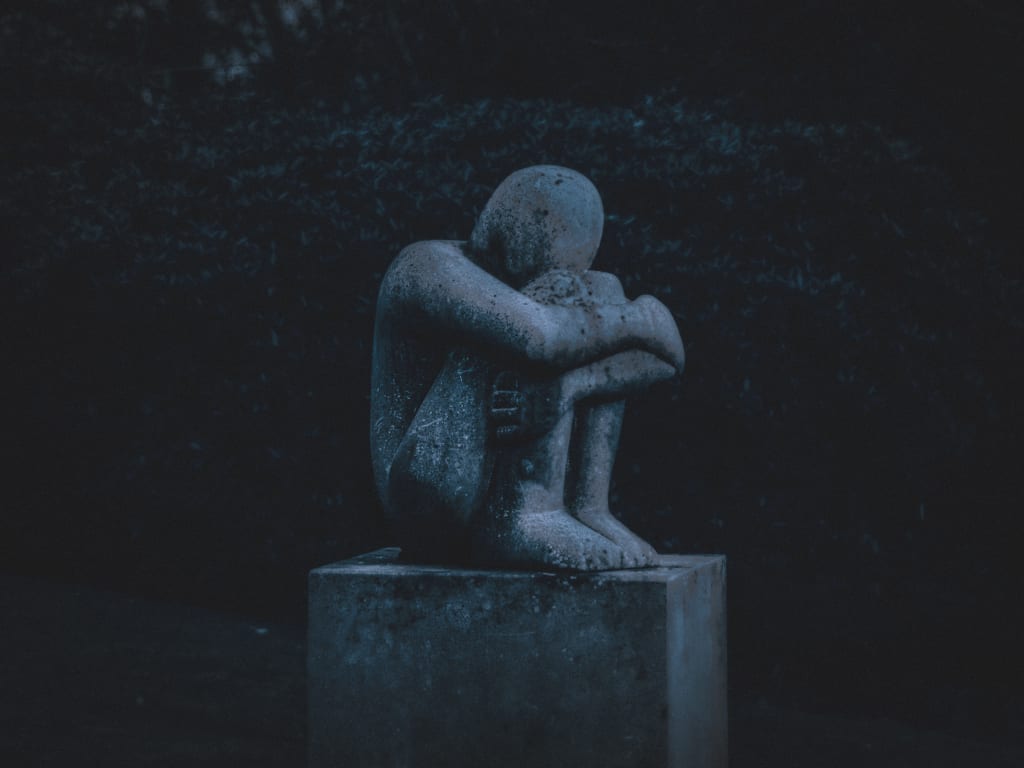
The research was carried out in Davenport, Iowa, with 22 children who had no speech impediments. The purpose of the study was to see if inducing stuttering in these children and then telling them that their speech was normal would help them recover. Although the researchers had good intentions, the study turned out to be one of the most unethical experiments in the field of psychology, causing lifelong psychological damage to the children involved.
As a result, the study never made it to any reputable scientific publication. It gained notoriety and was labeled as the "monster study" by the participants, who had to endure the distressing consequences of this misguided experiment.
A graduate student named Mary Tudor carried out a research study, which was overseen by Wendell Johnson, an esteemed speech expert from the University of Iowa. This experiment, known as the monster study, was conducted in the aftermath of the human experiments carried out by the Nazis during World War Two.
Due to the fear of damaging Johnson's reputation, the study was kept hidden and was never published in a peer-reviewed journal. Tudor's thesis is the sole official record of the details of the experiment. The study has been met with controversy and criticism, but Patricia Zabrowski, an assistant professor of speech pathology and audiology at the University of Iowa, believes that it contains the most significant collection of scientific information on the phenomenon of stuttering.
Johnson was the first person to discuss the importance of the thoughts, attitudes, beliefs, and feelings of those who stutter, which continues to influence current views on the subject. In 2001, the University of Iowa made a public apology for
the monster study.
The Study:
All the participants involved in the research were not informed of the study's purpose and believed that they would receive speech therapy. The study encompassed 22 orphans, including stuttering and non-stuttering ones, from the Iowa Soldiers' Orphans Home.
Two groups were formed, with one group receiving praise for their speaking abilities, while the other group began displaying symptoms of stuttering. Corrections were immediately made to the stuttering group. The study lasted from January to late May in 1939, and the intervention involved Mary Tudor driving to Davenport from Iowa City every few weeks to talk with each child for about 45 minutes, following an agreed-upon script.
In her dissertation, she reported that she spoke to the stuttering children and told them that they did not stutter. She reassured them that they would outgrow the stuttering and be able to speak even better than before, and encouraged them to pay no attention to others' comments on their speaking ability, as it was only a temporary phase.
For the children who didn't have a stutter but were being labeled as stutterers, the staff informed them that they displayed many signs of stuttering and needed to stop it right away. They were advised to use their willpower and do whatever it takes to prevent stuttering, even if it meant not speaking at all. The staff pointed out someone who currently stutters and suggested that they had also started this way.
All of the schoolwork belonging to the children suddenly fell to the ground. One of the boys was refusing to recite in front of the class while the other, an 11-year-old named Clarence Pfeiffer, started correcting himself anxiously. When Tudor asked him about it, he confessed that he was struggling to get the words out, explaining that he could feel them getting stuck in his throat.
Another participant, Mary Cholesky, was a 12-year-old who frequently withdrew from the group and became irritable during their sessions. Tudor asked Cholesky if her best friend knew about her stuttering, but Cholesky muttered that they hardly ever spoke. Two years later, Cholesky ran away from the orphanage and ended up at a rough industrial school for girls in order to escape the human experimentation she had been subjected to.
Mary Tudor was also affected by the experiment. Even after it was officially over, she visited the orphanage three times to provide additional care for the stutterers. She reassured them that they no longer stuttered. While her intentions may have been good, the effects of her actions were uncertain. In a letter dated April 22nd, 1940, Mary wrote to Johnson, expressing her belief that the orphans would eventually recover, but acknowledged that they had definitely been impacted by the experiment.
Seven orphaned children were granted a sum of 1.2 million dollars by the Iowa state government on August 17th, 2007, due to the lifelong psychological and emotional damage they suffered during a six-month experiment at the University of Iowa. Despite none of the children developing stutters, some became self-conscious and hesitant to speak.
A University of Iowa spokesperson acknowledged the experiment's regrettable nature and stated that it should not be defended in any era. Mary Tudor, who played a role in the study, expressed regret before her death and believed that Wendell Johnson, the lead researcher, should have done more to reverse the negative effects on the orphans' speech.
About the Creator
Kamya
We should enjoy every moment fully, fall in love, make the most of our time, and live without regret. We should cherish the fact that there are still many moments in life that we have yet to experience for the last time.






Comments
There are no comments for this story
Be the first to respond and start the conversation.